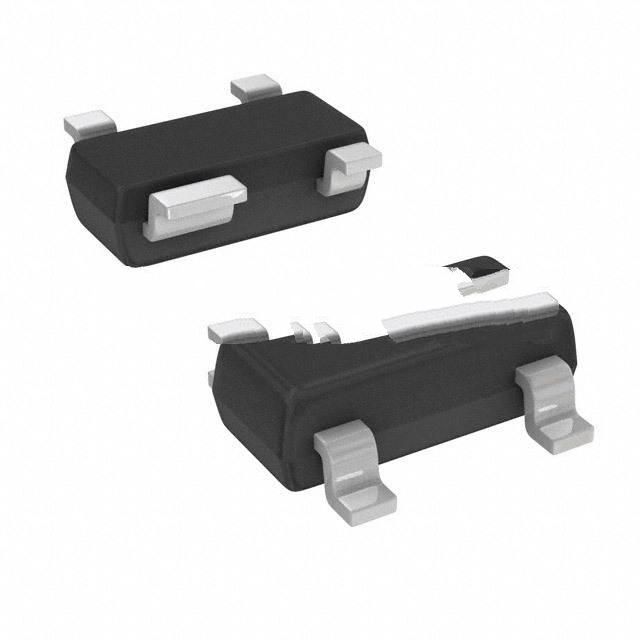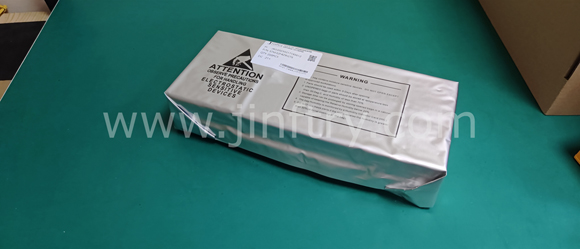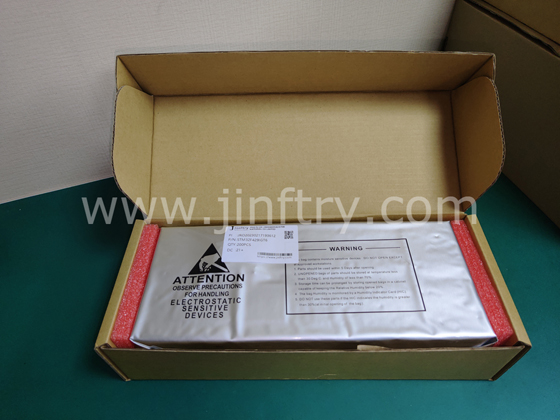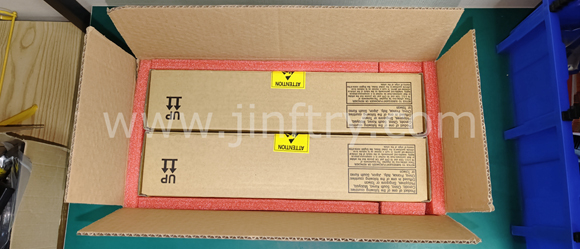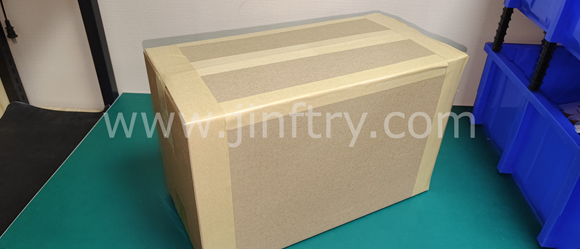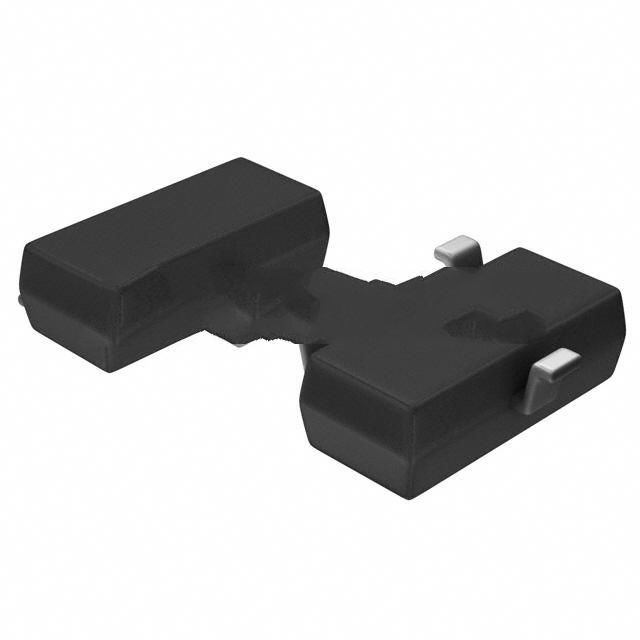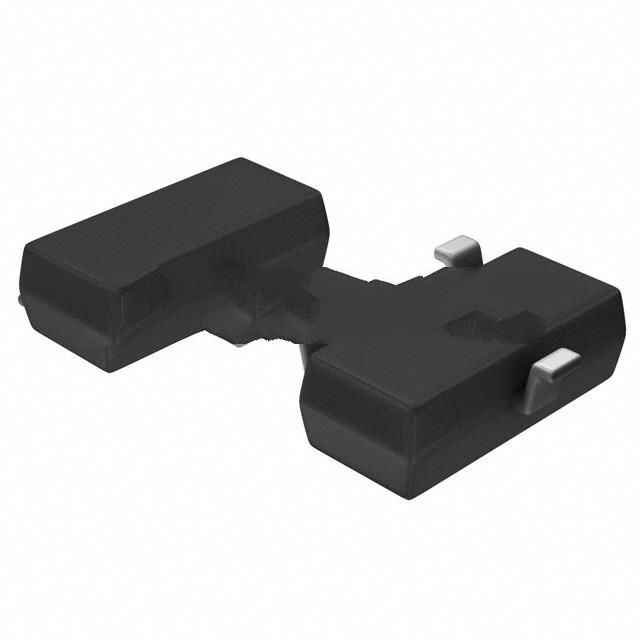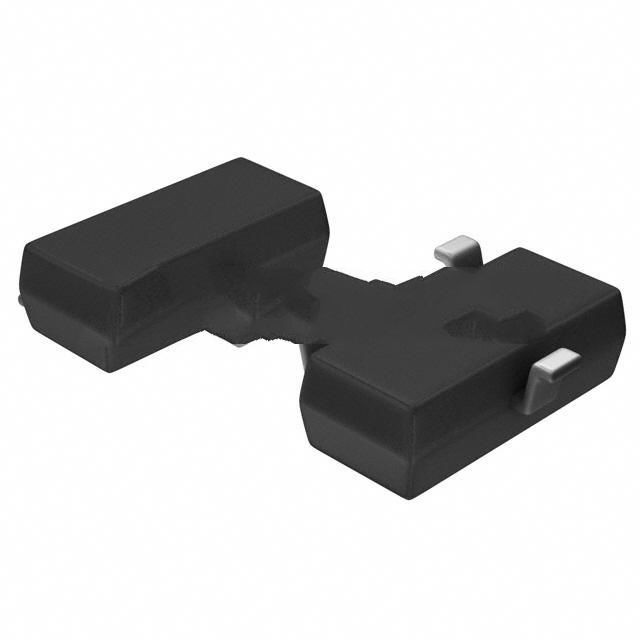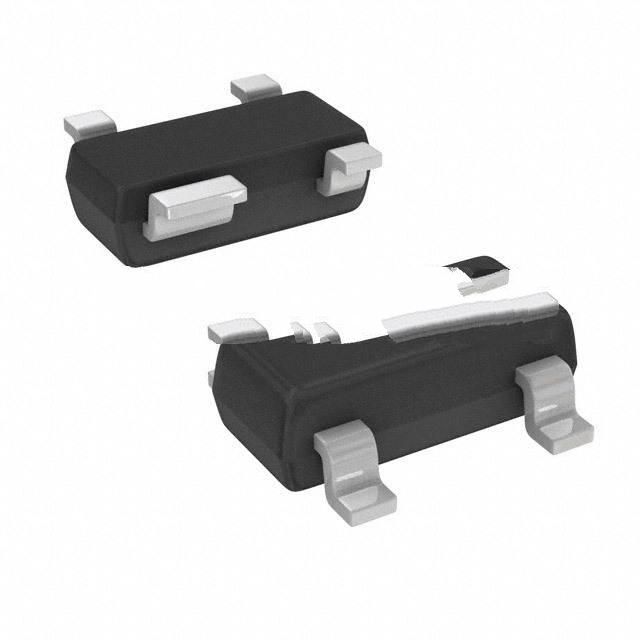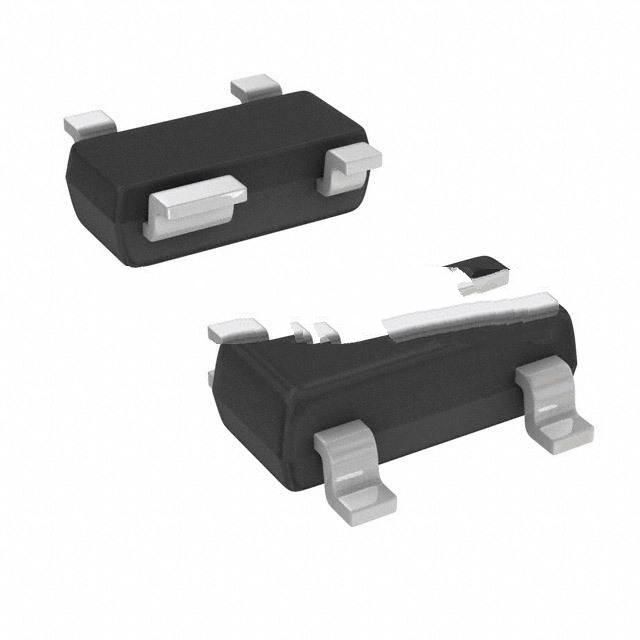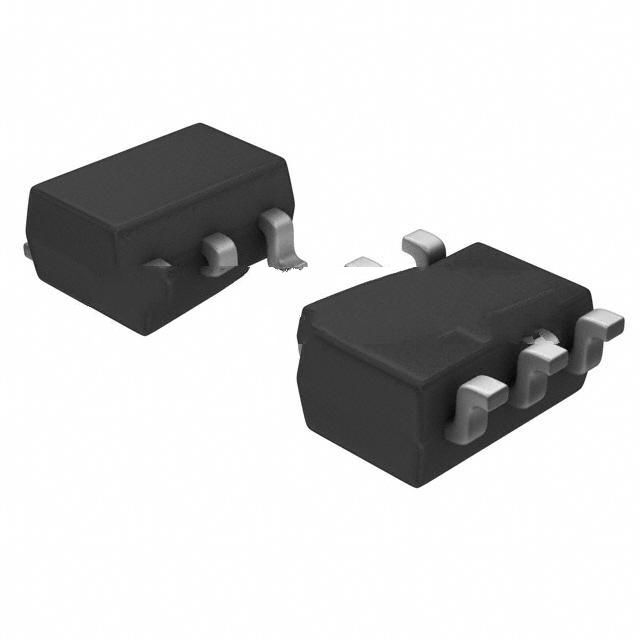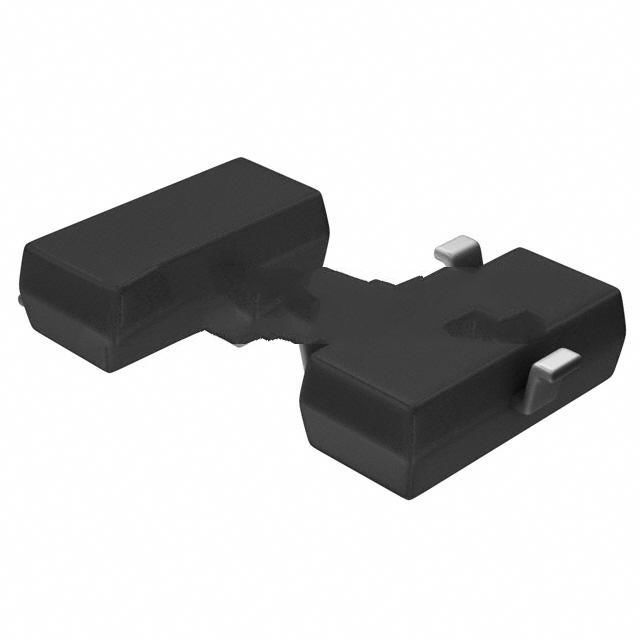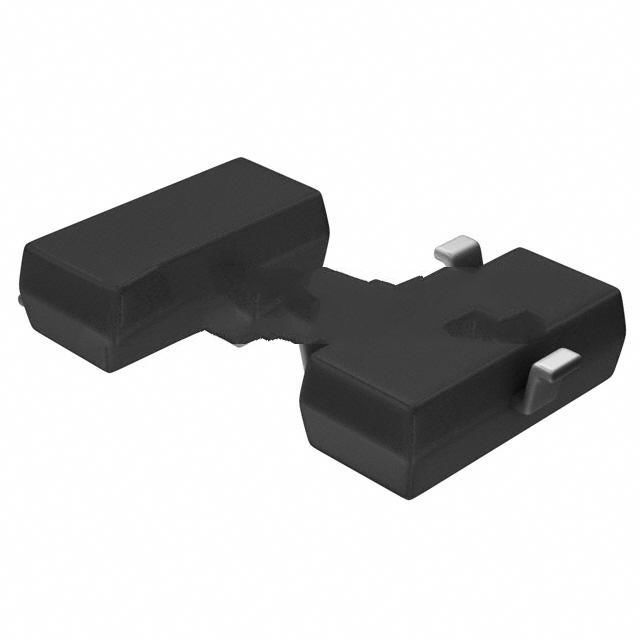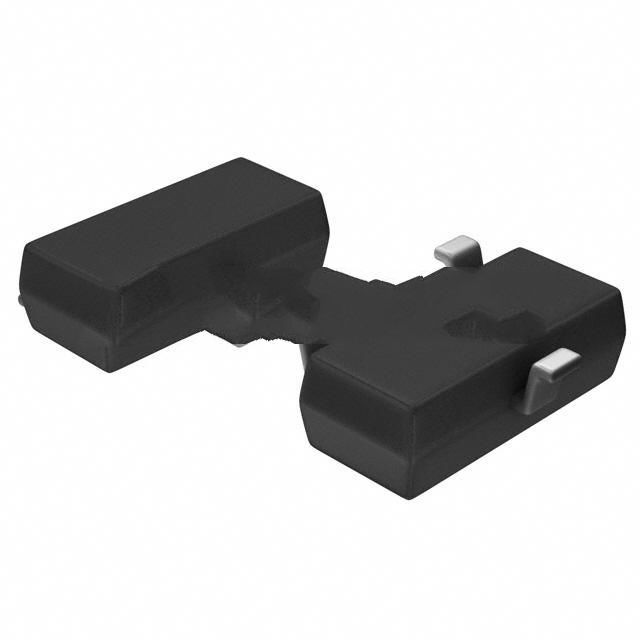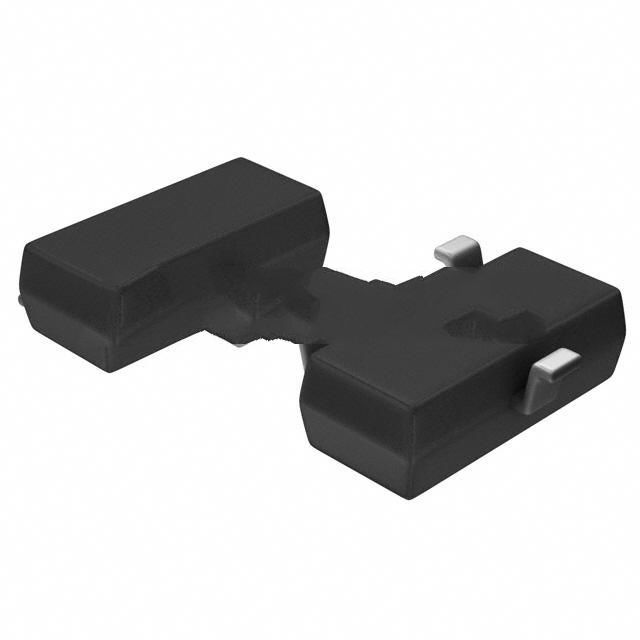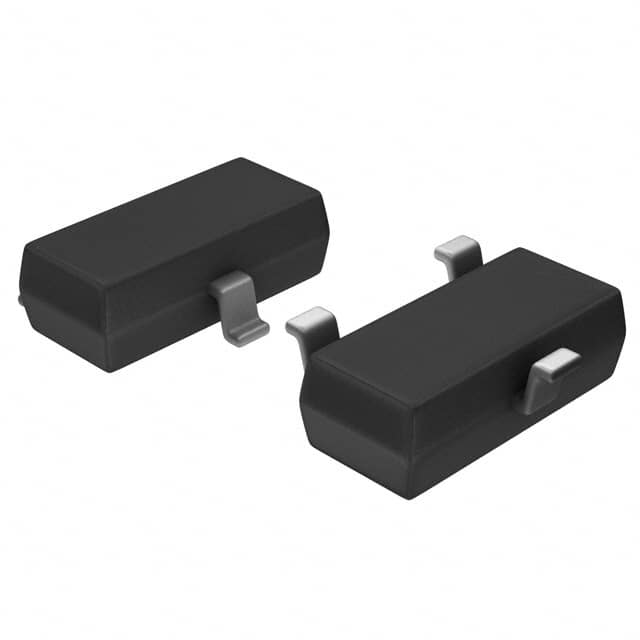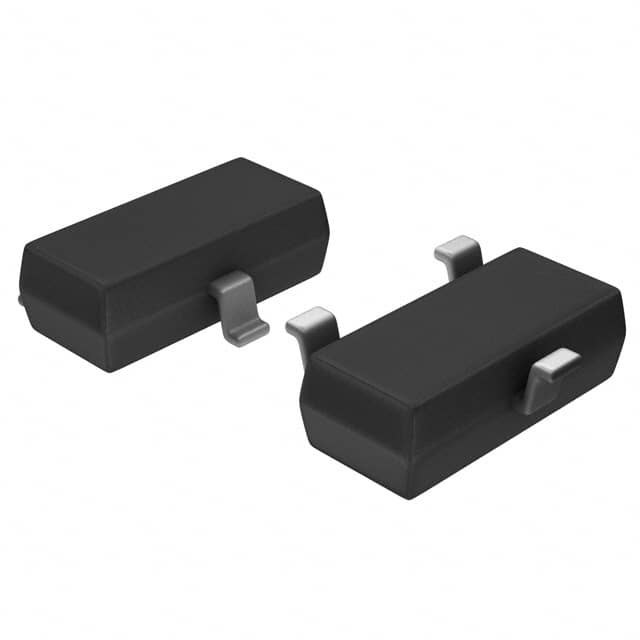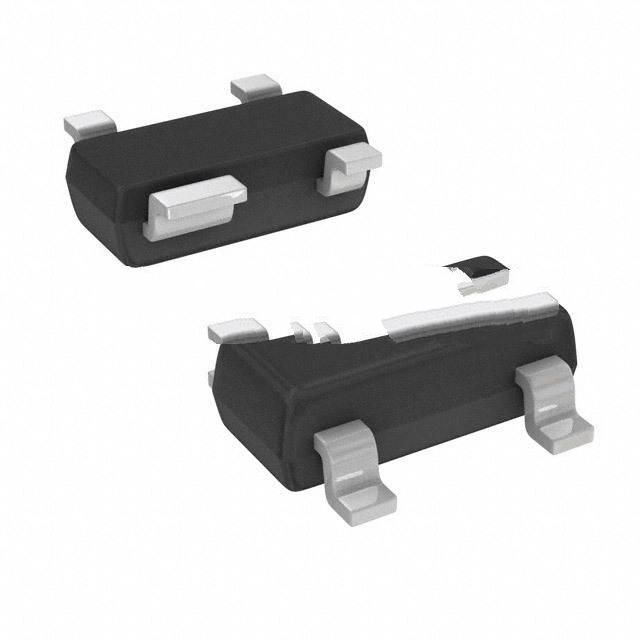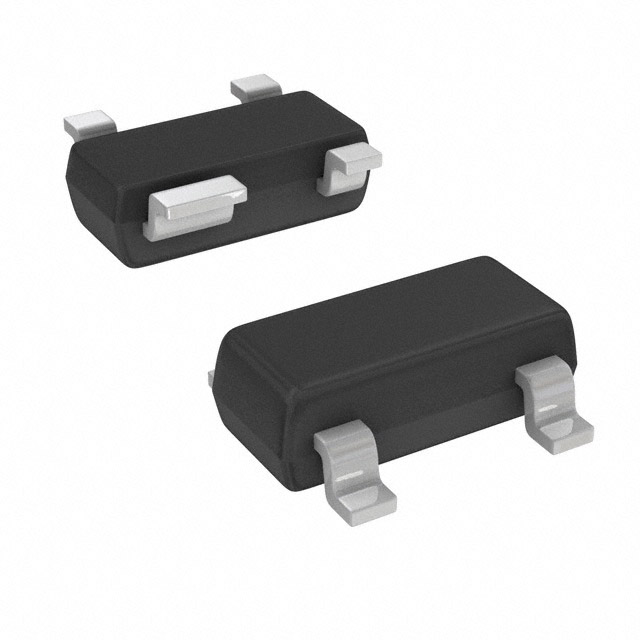MAX6430FGUS+T Product Introduction:
Maxim Integrated Part Number MAX6430FGUS+T(PMIC - Battery Management), developed and manufactured by Maxim Integrated, distributed globally by Jinftry. We distribute various electronic components from world-renowned brands and provide one-stop services, making us a trusted global electronic component distributor.
MAX6430FGUS+T is one of the part numbers distributed by Jinftry, and you can learn about its specifications/configurations, package/case, Datasheet, and other information here. Electronic components are affected by supply and demand, and prices fluctuate frequently. If you have a demand, please do not hesitate to send us an RFQ or email us immediately sales@jinftry.com Please inquire about the real-time unit price, Data Code, Lead time, payment terms, and any other information you would like to know. We will do our best to provide you with a quotation and reply as soon as possible.
Introducing the Maxim Integrated MAX6430FGUS+T, a versatile and high-performance voltage detector designed to meet the needs of various applications. With its advanced features and reliable performance, this voltage detector is the perfect solution for a wide range of industries.
The MAX6430FGUS+T offers a wide input voltage range of 1.6V to 6.5V, making it suitable for a variety of power supply systems. Its ultra-low quiescent current of only 1.5µA ensures minimal power consumption, making it ideal for battery-powered devices. Additionally, the device features a precision voltage threshold with a tight tolerance of ±1.5%, ensuring accurate detection and reliable operation.
This voltage detector also includes a built-in hysteresis function, which prevents false triggering and ensures stable output even in noisy environments. The device is available in a small, space-saving SOT-23 package, making it easy to integrate into any design.
The MAX6430FGUS+T finds applications in a wide range of fields, including consumer electronics, industrial automation, automotive, and telecommunications. It can be used to monitor power supply voltages, detect low battery conditions, and trigger system shutdown or reset functions. Its versatility and high-performance make it an essential component for any design requiring voltage detection.
In summary, the Maxim Integrated MAX6430FGUS+T is a reliable and versatile voltage detector that offers advanced features and precise performance. Its wide input voltage range, low power consumption, and small form factor make it an ideal choice for various applications in different industries.
Battery Management refers to integrated circuits that integrate the functions of battery monitoring, control, protection and optimization. Through real-time monitoring and intelligent regulation of the battery status, it ensures that the battery can maintain the best performance in various working environments, extend the service life, and improve the safety and reliability of the entire system.
Application
Battery Management is widely used in all kinds of electronic devices, especially those portable devices that rely on battery power, such as smartphones, tablets, laptops, wearables, drones, electric vehicles, etc. In the field of smart phones, PMIC not only manages the charging and discharging process of the battery, but also participates in the power consumption management of the system, and extends the battery life of the phone by intelligently adjusting the power supply of various components. In the field of electric vehicles, PMIC is responsible for the monitoring and management of the entire battery pack to ensure the safe operation and efficient charging and discharging of the battery pack.
FAQ about PMIC - Battery Management
-
1. What is the difference between a BMS and a battery charger?
The BMS is responsible for monitoring and managing the safety and health of the battery pack, while the battery charger only provides charging current. The BMS ensures that the battery is not overcharged, over-discharged, and overheated through charge and discharge management.
-
2. How does the design of BMS consider different types of batteries?
Different types of batteries (such as lithium-ion, nickel-metal hydride, lead-acid, etc.) have different charging and discharging characteristics. BMS needs to adjust management parameters according to the battery type to ensure the best protection and management of the battery.
-
3. How to choose a suitable BMS chip?
When selecting a BMS chip, factors such as the number of batteries, charging and discharging current requirements, voltage range, monitoring accuracy, safety protection functions and temperature management should be considered to ensure that it matches the system requirements.
 Lead free / RoHS Compliant
Lead free / RoHS Compliant



